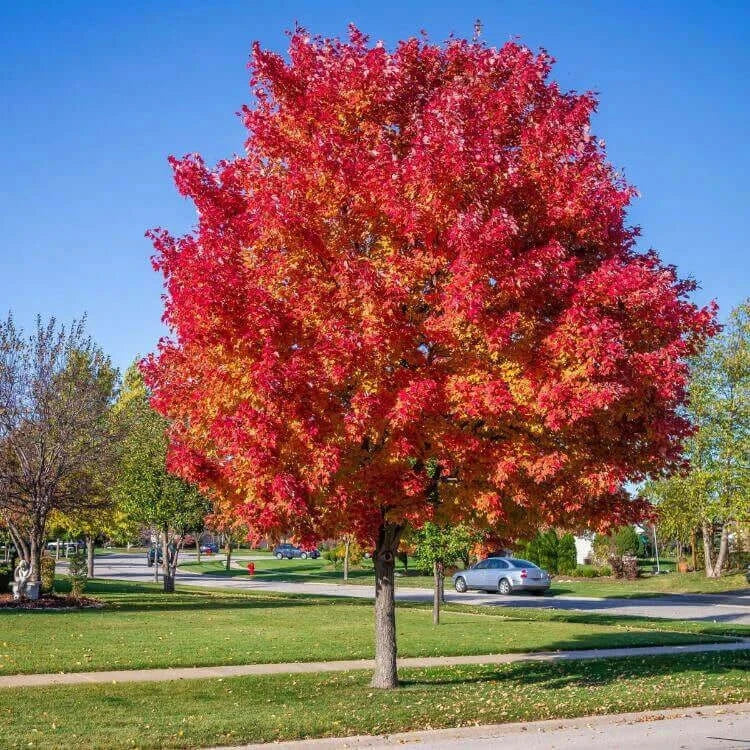Bare Root Trees and the Benefits They Offer
Planting trees on your property can enhance both its value and your enjoyment of it in some ways. First, they offer focal points around which you can structure various ecological niche communities involving other plants, both perennial and annual. They provide soil stability and moisture control, minimizing the effects of flooding in those areas prone to it. They also give shade in varying degrees to regions where abundant sunlight can hinder the successful growth of other plants or cause damage to structures.
The optimal time for planting trees is when they are dormant in late fall, late winter, or early spring. There are several reasons for this. First, dormant trees are less susceptible to damage during planting. However, if you live in areas that freeze deeply, avoid early to midwinter for planting. Freshly planted trees require sufficient watering to establish themselves, even in a dormant state. When planting large tree species, keep in mind their adult states. Don’t plant too close to your house; research where water, sewer, and gas lines run beneath the surface to avoid severe problems with root intrusion later in the tree life cycle.

Habitats for beneficial animals
Large trees offer habitat space for various beneficial insects, birds, and other animals and provide a sympathetic environment for many species of plants, both domestic and wild. When you establish these niche environments, you are, in effect doing everyone a favor—providing shelter for natural communities and reducing the number of toxic chemicals you may feel the need to purchase to control weed or insect issues. Trees also offer shade and shelter for outdoor activities and regulate the soil-moisture balance, rendering property unpleasantly dry or waterlogged when it falls out of balance.
Buy your trees today at TN Nursery
TN Nurseries best selling trees




























































 " alt="Featured Collection Perennials " />
" alt="Featured Collection Perennials " />
 " alt="Featured Collection Ferns " />
" alt="Featured Collection Ferns " />
 " alt="Featured Collection Live Moss " />
" alt="Featured Collection Live Moss " />
 " alt="Featured Collection Trees " />
" alt="Featured Collection Trees " />
 " alt="Featured Collection Shrubs " />
" alt="Featured Collection Shrubs " />
 " alt="Featured Collection Vines " />
" alt="Featured Collection Vines " />
